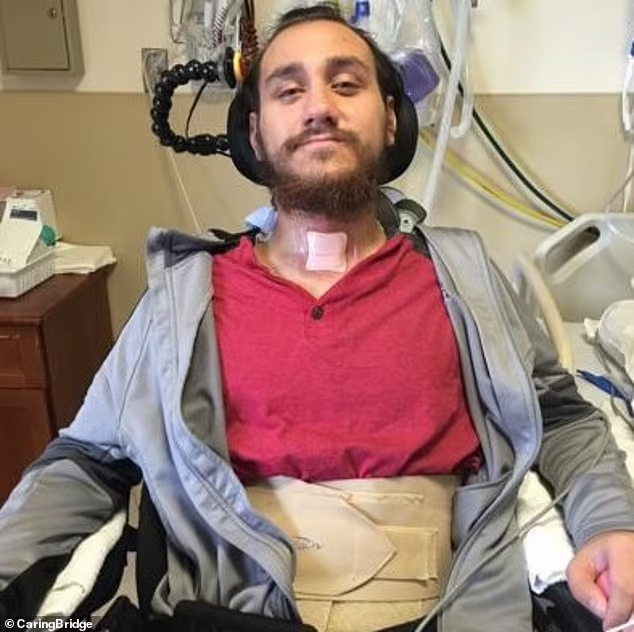Using telepathy to control things
Dive into a groundbreaking story where technology meets the human mind, transforming the impossible into reality.
AI NEWS
3/21/20242 min read


Noland Arbaugh, the first human recipient of Neuralink's brain chip, represents a significant breakthrough in brain-computer interface technology. At 29, paralyzed from the shoulders down after a diving accident, Arbaugh has regained a form of independence through the ability to play online chess using his mind. This achievement showcases the chip's potential to transform the lives of individuals with severe physical limitations by enabling them to control digital devices telepathically, opening new avenues for communication, entertainment, and learning.
Revolutionary Brain Chip Enables Paraplegic Man to Play Chess Using Only His Mind
In an extraordinary leap forward for neuroscience and assistive technologies, a paraplegic individual has regained a level of independence through a groundbreaking brain chip developed by Elon Musk's Neuralink. The innovative device, implanted into the brain of Noland Arbaugh, has empowered him to operate a computer cursor and engage in video gaming purely through thought.
Arbaugh, a 29-year-old who navigates life from a wheelchair, shared his excitement about this technological marvel. "See that cursor moving on the screen? That's me doing that... purely with my mind," he said, showcasing the device's capability to translate his brain activity into digital commands.
This achievement not only marks a significant milestone in Neuralink's endeavors but also offers a glimmer of hope for transforming the lives of individuals with disabilities. The successful application of the brain-computer interface (BCI) in Arbaugh's case underscores the potential of such technologies to revolutionize care and support for the disabled community.
Introducing Noland Arbaugh: Neuralink's First Human Trial Participant
Noland Arbaugh's journey with Neuralink began in January 2024 when he became the first person to have the company's BCI technology implanted in his brain. The procedure, performed by a robot resembling a sewing machine, was described by Arbaugh as straightforward and fear-free, involving the removal of a small section of skull to insert the chip.
Arbaugh's life took a dramatic turn in June 2016 following a severe car accident that left him paralyzed from the shoulders down. Despite the overwhelming challenges and a significant loss of mobility, he found incredible support from his community, rallying together to raise funds for a wheelchair-accessible van, significantly enhancing his independence.
Fast forward to March 2024, and Arbaugh, a chess enthusiast, demonstrated his newfound abilities in a captivating video posted by Neuralink. Playing chess alongside Neuralink engineer Bliss Chapman, he likened his ability to control devices with his mind to "The Force" from Star Wars, a testament to the profound impact of this technology on his life.
How the Neuralink Chip Transforms Thoughts into Action
The Neuralink chip functions by tapping into the brain's network of neurons, which communicate through signals controlling our movements and intentions. Positioned in the area of the brain responsible for motor control, the chip reads these signals through electrodes and translates them into actions, enabling the control of external devices like computers, smartphones, or potentially restoring physical movement.
The implantation process, described as minimally invasive, involves a robotic procedure that attaches the chip to the brain without the need for general anesthesia. Remarkably, patients can return home the same day, carrying the promise of a revolutionary breakthrough not only in assistive technology but also in the broader field of medical science.
As Elon Musk shares the incredible achievements of Neuralink's first human trial, the future looks promising for individuals facing physical limitations, heralding a new era where technology bridges the gap between limitation and possibility.

